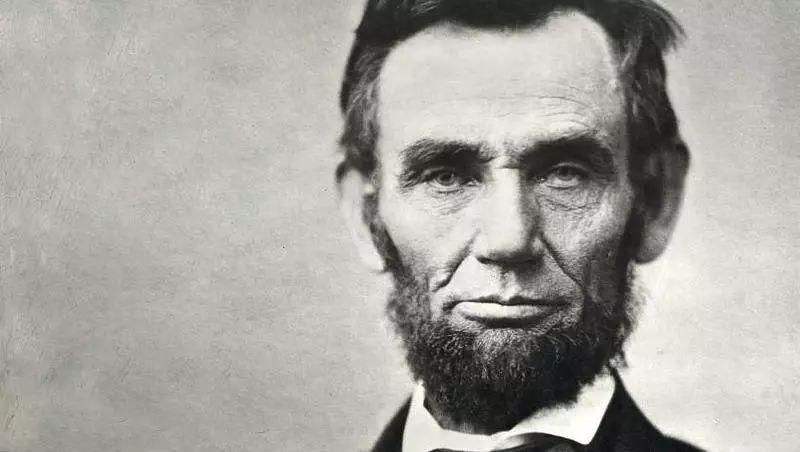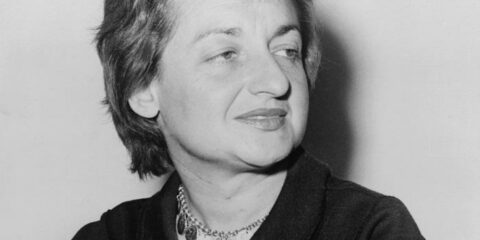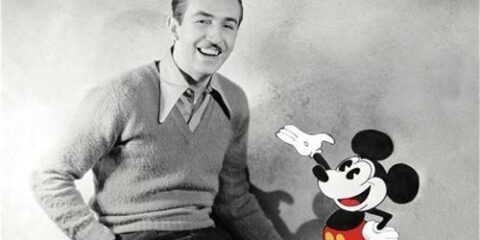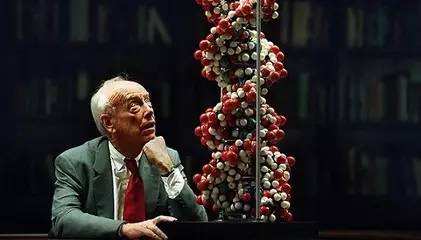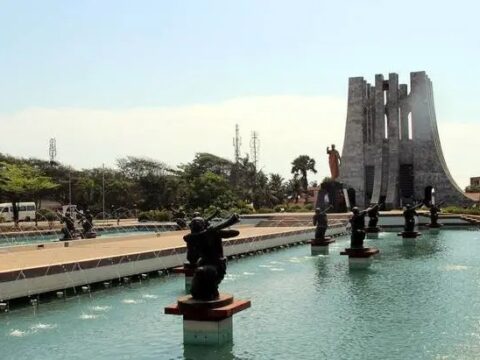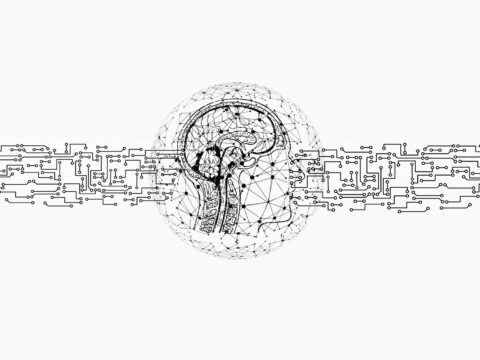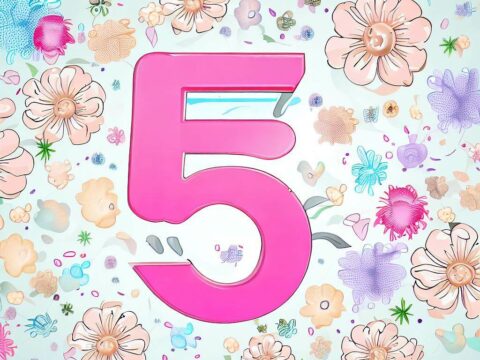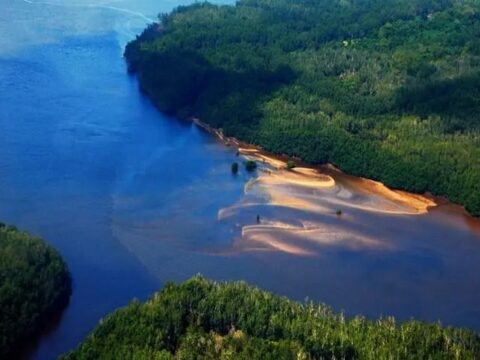| order | name | Historical time | Identity and Influence |
| 1 | Abraham Lincoln | 1809-1865 | The 16th president of the United States (1861-1865), won the American Civil War (American Civil War), saved the country, abolished slavery, liberated black slaves, modernized the American economy, and rebuilt the United States, In his famous Gettysburg Address, he once said: “government of the people, by the people, for the people, shall not exist from the earth”. |
| 2 | George Washington | 1732-1799 | The first president of the United States (1789-1797) founded the United States of America, drove away a king who refused to become king and formulated the rules for the maximum term of office of the president of the United States (up to two terms). |
| 3 | Thomas Jefferson | 1743-1826 | The third president of the United States (1801-1809), the main drafter of the declaration of independence, wrote the five most important words in American History: “all men are created equal”. He also founded the University of Virginia. |
| 4 | Franklin D. Roosevelt | 1882-1945 | The 32nd president of the United States (1933-1945) used Roosevelt’s new deal to help the United States get rid of the financial crisis. He warned the United States of adversity: “the only thing we have to fear is fear itself”. |
| 5 | Alexander Hamilton | 1755-1804 | The first US Secretary of the Treasury (1789-1795), a soldier, banker, scientist, and politician, led the United States from an agricultural society to an industrial society. |
| 6 | Benjamin Franklin | 1706-1790 | Born in Boston, Massachusetts, USA, he is a famous American politician, physicist, publisher, printer, journalist, writer, and philanthropist; He is also an outstanding diplomat and inventor. He participated in the drafting of a number of important documents and served as the U.S. ambassador to France, which successfully won France’s support for U.S. independence. Benjamin Franklin carried out many experiments on electricity and invented the lightning rod. He also invented bifocal glasses, frog shoes, and so on. Benjamin Franklin was elected an academician of the Royal Society. He was the first Postmaster in the United States. |
| 7 | John Marshall | 1755-1835 | The fourth chief justice of the United States (1801-1835), was the main founder of the separation of powers system in the United States. |
| 8 | Martin Luther King Jr. | 1929-1968 | I have a dream to express my dream of racial equality with an impassioned speech. Although the road is long and arduous, no one else can see higher and go further than him. |
| 9 | Thomas Edison | 1847-1931 | Incandescent lamp, phonograph, carbon microphone, film projector… He founded the world’s first industrial research laboratory, with 1093 invention patents. |
| 10 | Thomas Woodrow Wilson | 1856-1924 | The 28th president of the United States (1913-1921), the initiator of the League of Nations, and the winner of the Nobel Peace Prize in 1919. |
| 11 | John D. Rockefeller | 1839-1937 | He founded Ohio standard oil company, was the founder of the first trust in the United States (1881), was the richest man in modern human history, and also founded the University of Chicago and Rockefeller University. |
| 12 | Ulysses S. Grant | 1822-1885 | The 18th president of the United States (1869-1877), a capable general under Lincoln during the American Civil War, advocated amnesty for the “rebels” and reconstruction of the suffering south, although facing the dilemma of financial constraints after the war. |
| 13 | James Madison | 1751-1836 | The 4th president of the United States (1809-1817), the father of the United States Constitution, and the drafter of the bill of rights. |
| 14 | Henry Ford | 1863-1947 | Automobile manufacturer, inventor of the t-car and assembly line production method, and the birth mother of the American automobile era. |
| 15 | Theodore Roosevelt | 1858-1919 | The 26th president of the United States (1901-1909), an ambitious and hard-working politician and winner of the Nobel Peace Prize in 1906, built canals, supported trusts, and made great contributions to the United States entering the promising 20th century. |
| 16 | Mark Twain | 1835-1910 | A writer and writer, he is the most faithful recorder of American national life. |
| 17 | Ronald W. Reagan | 1911-2004 | The 40th president of the United States (1981-1989), the flag bearer of the conservative alliance, launched the “Star Wars” program and contributed to the end of the cold war. |
| 18 | Andrew Jackson | 1767-1845 | The 7th president of the United States (1829-1837), who made great achievements in defending New Orleans and defeating the British Army during the second war of resistance against Britain. As the first great populist, he was deeply rooted in democratic ideas and rooted the republican system. |
| 19 | Thomas Paine | 1737-1809 | The first great Radicalise in American history wrote books and spoke out for America’s independence. |
| 20 | Andrew Carnegie | 1835-1919 | A self-improvement steel giant, a philanthropist, is one of the founders of Carnegie Mellon University. |
| 21 | Harry S. Truman | 1884-1972 | The 33rd president of the United States (1945-1953) brought the United States and the world into the atomic age and then brought the world into the era of the cold war. |
| 22 | Walt Whitman | 1819-1892 | Poets praise the motherland and shape the American spirit. |
| 23 | Wilbur Wright | 1867-1912 | Orville Wright (1871-1948): the Wright brothers invented the plane. The two brothers brought mankind from the ground to the sky and realized the dream of flying |
| 24 | Alexander Graham Bell | 1847-1922 | The invention of the telephone made the world smaller |
| 25 | John Adams | 1735-1826 | The second president of the United States (1797-1801), one of the flag bearers of the American War of independence, and the first ambassador to Britain after the founding of the people’s Republic of China (1785-1788), he consolidated the American Republican system. |
Quoted from Atlantic Monthly, December 2006, For reference only.


